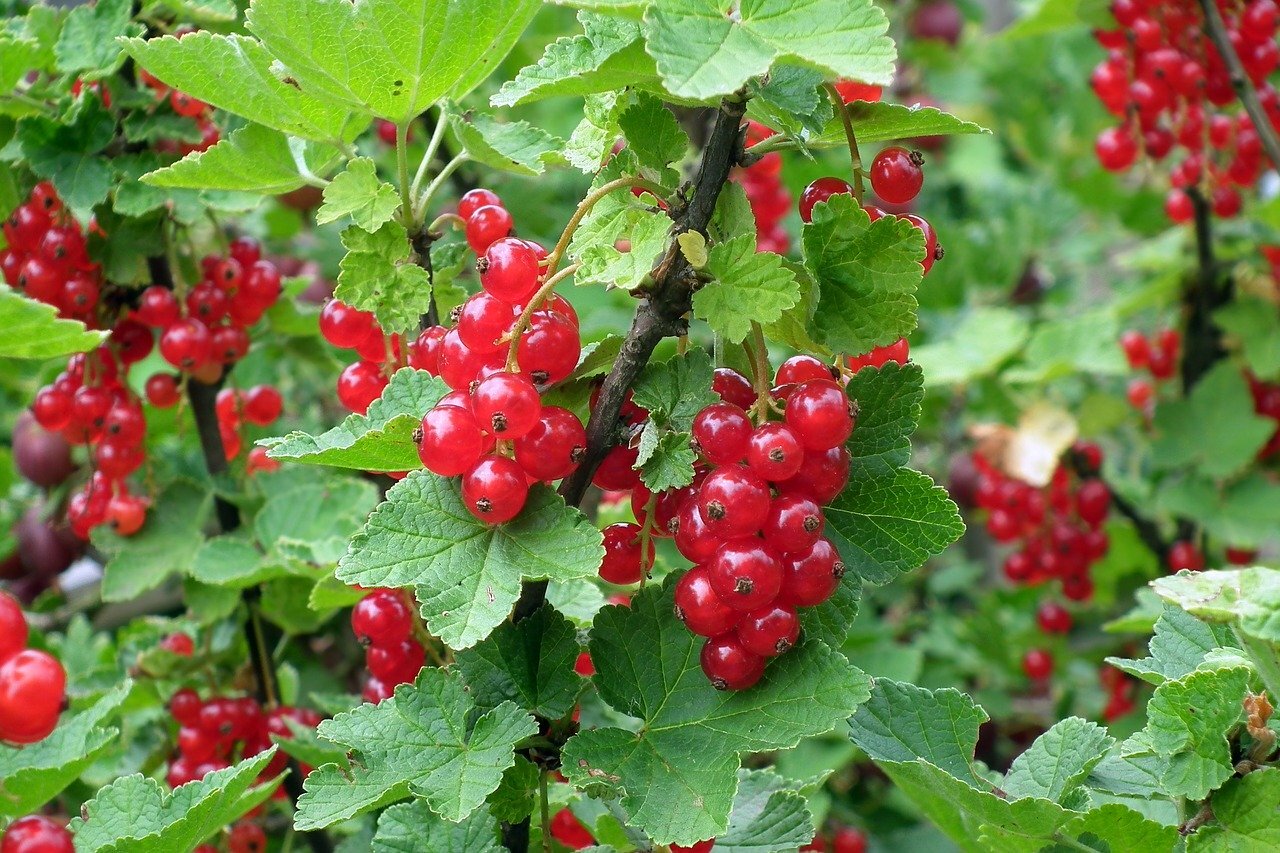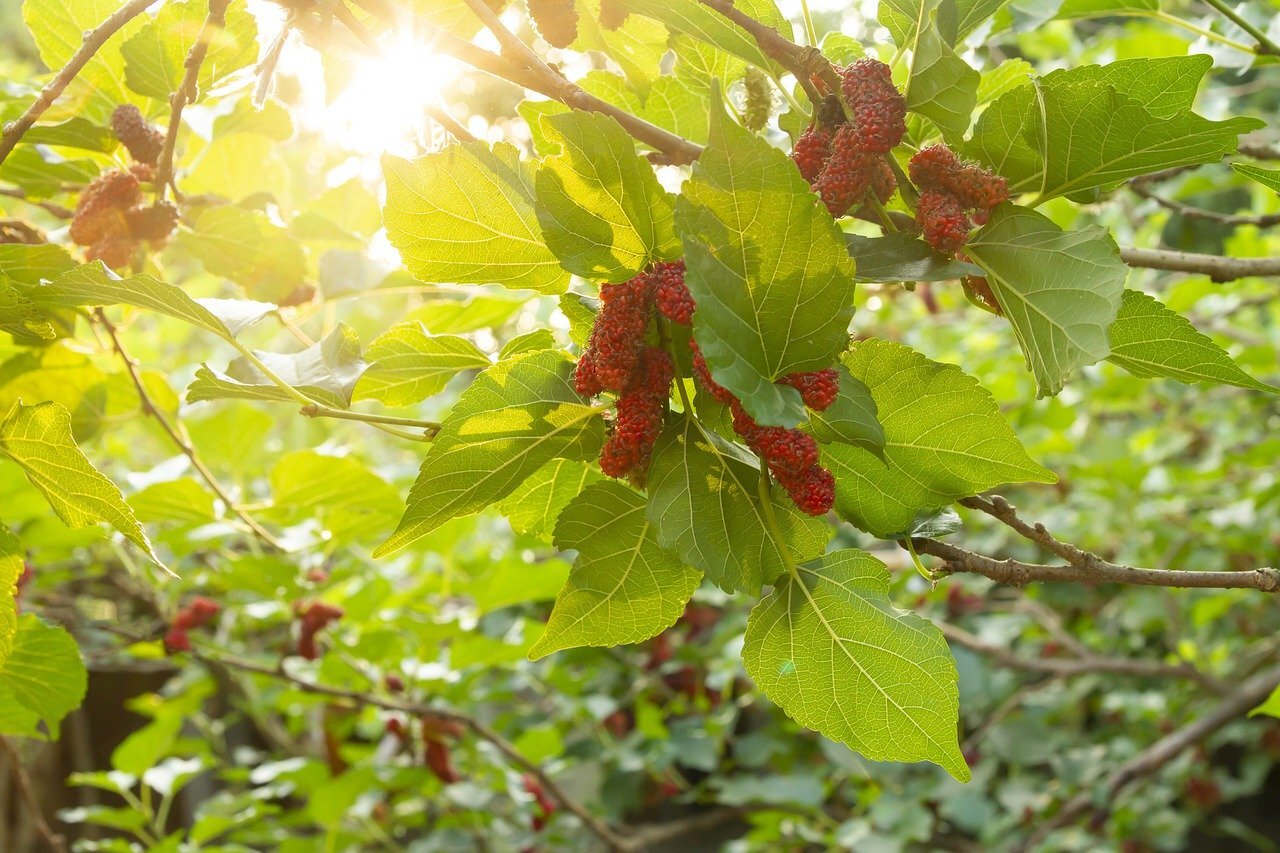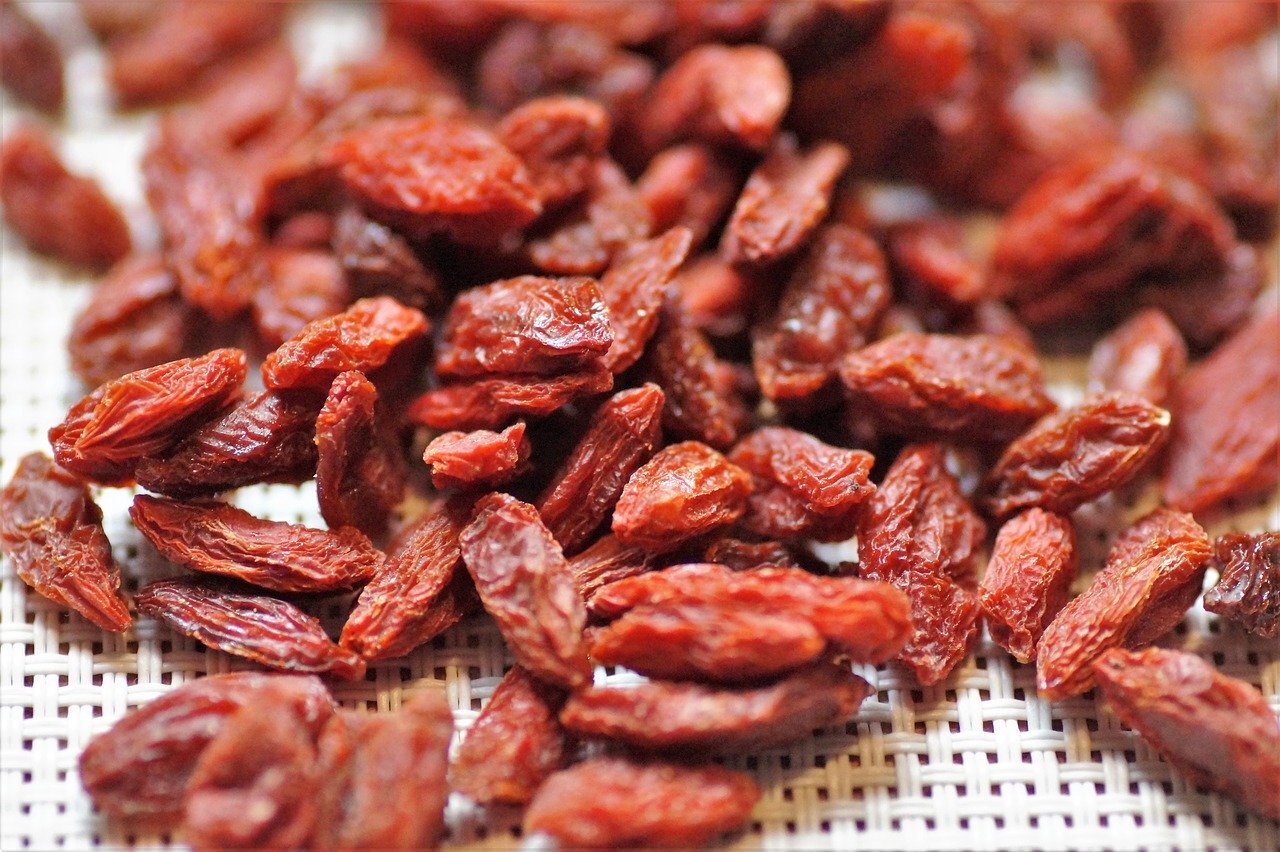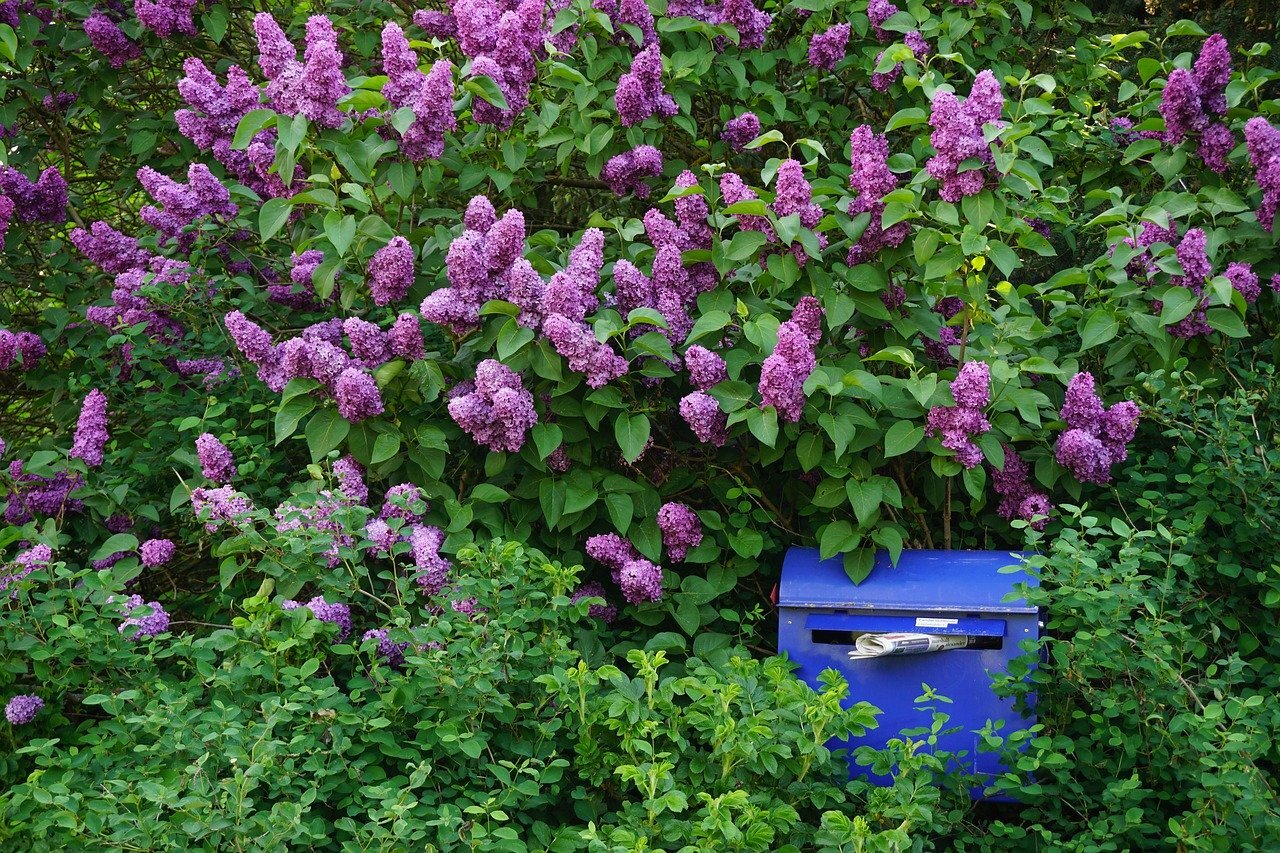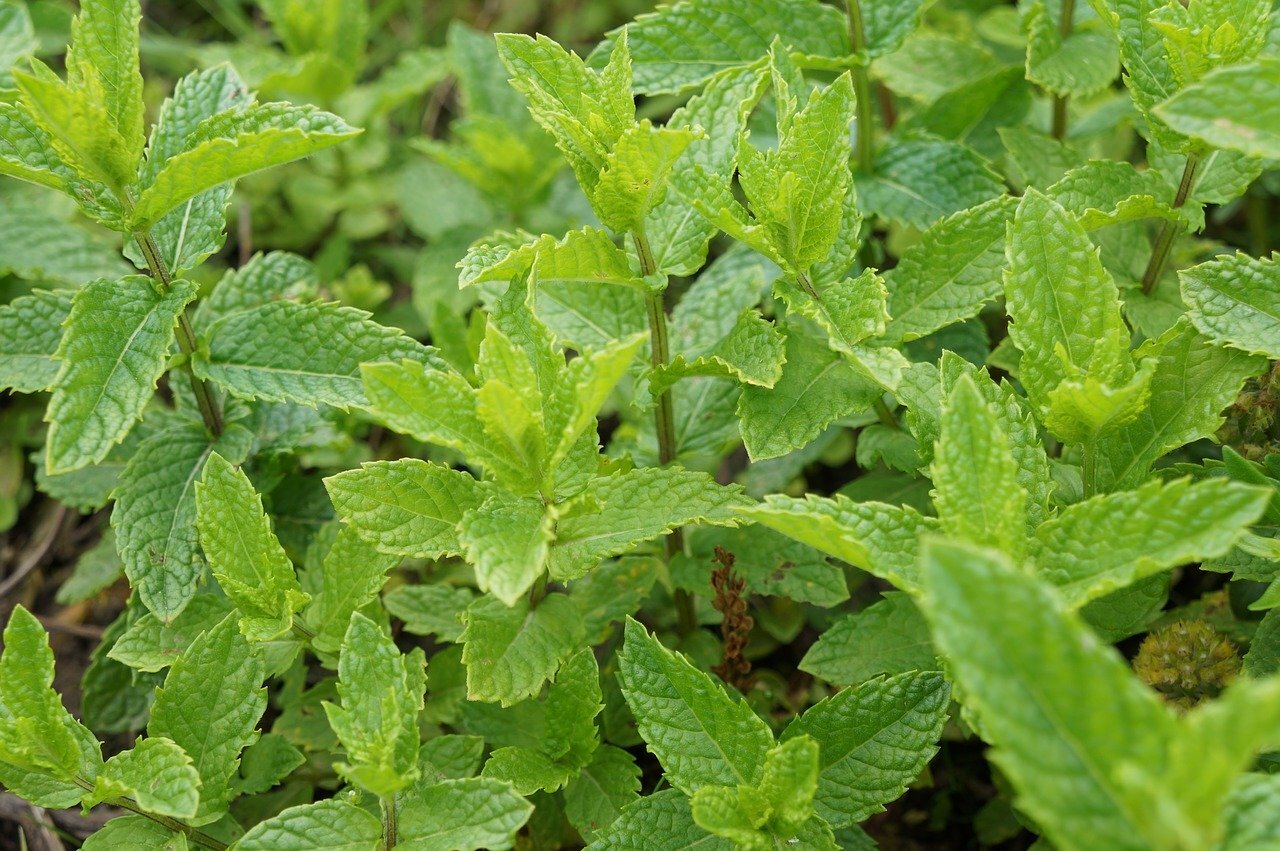Edible Medicinal Herbs and Plants You Can Grow at Home
Updated January 4, 2024
Edible, medicinal plants are having a moment. As more people embrace planting medicinal plants in their yards and gardens, I’d like to discuss the edible, medicinal plants I’ve had the most success with in Zone 6b. Many medicinal plants are perennial and therefore, super easy to keep growing once established in your garden.
what are medicinal plants and why should you plant them?
If you have the opportunity to plant something, why not also have the opportunity to gain nourishment from it? Why not be able to enjoy your plants at every stage of life – from shoots to blossoms to fruits – and cook with them, infuse them, ferment them, tincture them, all the while regaining your health and your connection to our precious, magical, natural world?
…at least that’s how I see it.
Overall, there are a myriad of healthful and soulful benefits when choosing edible, medicinal plants for your garden.
ALL of the medicinal plants in this post can be simply steeped in hot water as delicious, healing teas.
ALL of the medicinal plants in this post can be eaten raw off the vine, or out of the ground (except raw rhubarb, ew!)
And finally, ALL of them can be infused and tinctured. If you want to explore learning about herbal tinctures and other preparations beyond making teas/infusions, I suggest reading Rosemary Gladstar’s Herbal Recipes for Vibrant Health and soak up her decades of plant wisdom.
medicinal plants for ecological health
The wildlife in your backyard will thank you for medicinal plants, too. All of these plants sport gorgeous pollen-filled blossoms for honeybees to enjoy, and berries and seeds for birds and other animals to fill up on. Planting these will provide stable food sources for a large range of organisms, and will help build your own thriving, balanced ecosystem.
About the medicinal plants in this post
The plants I’ve suggested here are all relatively well-known and easy to grow, so read this knowing you can have absolute success growing any and all of them. Every medicinal plant on this list is perennial, so that means they will come back year after year. You only need to plant them once.
If you have any questions about planting, please comment below. I’m elated to help — it’s why I took the time to write this post in the first place.
Please note all of the plants listed will grow in USDA Hardiness Zones 5-6
Related Post: How to Prep Your Soil and Grow Your Soil Food Web
elderflower / elderberry
Elderberry / Elderflower / Black Elder
How to Grow Elderberries: Zones 3-11 – Large shrub that grows 6-10’ tall x 6-10’ wide – Prefers Full Sun – You will need to grow two different types of elderberries in proximity of each other for cross-pollination, or berries will not form on the plants. Plant bare-root plants anytime between May-August (in Zones 5-6).
Edible/Medicinal Uses for Elderberries: When totally ripe, pick elderberries off the shrub to make a delicious, medicinal elderberry syrup or shrub. Elderberry has high levels of antioxidants and is an incredible natural cold and flu medicine. The blossoms of this shrub, “elderflowers,” are also edible, medicinal, and can be used to make delicious wild fermented elderflower soda.
Where to Buy Elderberry Plants: American Elderberry Plants & Magnolia Hill Elderberry Plants at Richters Herbs
raspberries / raspberry leaf
Raspberry – Red, Gold or Black
How to Grow Raspberries: Zones 3-11 – Canes shoot up from the ground and can grow 5-6 feet tall. Raspberries make a great hedge and grow well against fences and walls. Roots spread underground so give your raspberries their own separate patch in your yard. Beware that raspberries are prolific spreaders and will take over your planting area if you’re not careful. Raspberries need their own separated planting space. Raspberries are easy to grow and will do well in full sun but can tolerate partial shade.
Black raspberries have prominent thorns, but thornless varieties are available for red and black. Raspberry plants are incredibly productive and will save you a ton of money at the grocery store if you buy lots of berries. Plant bare-root plants in Spring or Fall.
Medicinal Uses for Raspberries: Eat raw berries off the vine; use fresh or dry leaves in a tea as a uterine tonic to relieve menstrual cramps and heavy/irregular bleeding.
Where to Buy Raspberry Plants: We buy our bare root raspberry plants from Johnny Selected Seeds. We love “Encore” and “Nova” varieties of raspberries.
blackberries
How to Grow Blackberries: Zones 5-11 – Full Sun. Canes shoot up from the ground from one central trunk and grow very long horizontally. Blackberries do not spread underground like Raspberries do — if you see “blackberries” doing this in the wild, they are in fact, black raspberries.
A blackberry plant can be trained to stay relatively short (3-5 ft high) if you train it that way on a trellis. Blackberries make incredible statement pieces growing on trellises – and their leaves turn a rich reddish/bronze color toward the fall. Blackberries also grow well along a chainlink fence. Plant bare-root blackberry plants in Spring or Fall.
Medicinal Uses for Blackberries: Eat raw berries off the vine; blackberry is a strong astringent and diuretic so use fresh or dry leaves as a tea to relieve diarrhea (yes I just went there) and other digestive issues.
Where to Buy Blackberry Plants: Blackberry
gooseberries
European Gooseberry
Growing Conditions: Zones 3-8 – Gooseberries are lower-growing shrubs that spread wider than they do tall. I suggest buying several plants for ultimate fruit harvesting! They do have thorns. These bushes bloom a mass of gorgeous bright yellow flowers in the spring through early summer! Plant bare-root plants anytime between May-August (in Zones 5-6).
Uses: Eat raw berries off the vine or make into syrups, jams or jellies – gooseberries are high in Vitamin C!
Where to Buy: Invicta Gooseberry
red currant
Growing Conditions: Zones 3-8 – Full sun or Partial Shade – Deer resistant and super easy to grow! Shrubs grow 3-5 feet tall and are the perfect “filler” bush that happens to also provide a delicious, healing food source. Red currants bloom a ton of mauvey-pink flowers in spring through early summer. Plant bare-root plants anytime between May-August (in Zones 5-6).
Uses: Eat raw off the shrub (tart!); use to make jams, cordials and syrups. Also high in Vitamins C and B and will regulate your bowels.
Where to Buy: Organic Wilder Red Currants
mulberries
Mulberry Tree
Growing Conditions: Zones 4-8 – Full sun or Partial Shade – Trees grow 30 feet tall and drop berries all over the place (yes, this is the tree that stains sidewalks! But I absolutely love them). Bursts tons of beautiful white blossoms in spring and unfailingly provides fruit through the summer. Plant bare-root trees anytime between May-August (in Zones 5-6).
Uses: Eat raw berries off the tree; use to make jams, teas, syrups, etc. If you’ve never eaten a mulberry, they have a very light floral flavor, much lighter than all the other berries.
Where to Buy: Mulberry Tree
rose hips
Rosa Rugosa / Hedge Rose
Growing Conditions: Zones 3-9 – Full Sun or Partial Shade – Hedge roses grow very tall and wide (6-8’ tall x 6-10’ wide) so they are perfect for creating natural privacy hedges, filling in large gaps in your plantscaping, etc. And they are so incredibly beautiful and smell amazing! Plant anytime between May-August (in Zones 5-6).
Uses: The blossoms produce rose hips which grow to the size of small cherry tomatoes (see photo below). Rose hips may be dried and used in teas – they are full of Vitamin C.
Where to Buy: Hansa Rose or Roseraie de l’Hay Rose
goji berry
goji berry / wolfberry
Growing Conditions: Zones 3-10 — Full Sun or Partial Shade — Goji berries grow very tall, up to 13 feet, though their height can be managed by pruning. They spread up to 4 feet wide. Reddish-orange berries fruit the entire season long! Plant using bare root cuttings or potted plants. The shrubs are drought tolerant and will even tolerate growing in a 5-gallon container if you only have deck space!
Uses: Goji berry fruits are known as a “superfood” and can be eaten raw or dried.
Where to Buy: Goji Berry
lilac
Fragrant Lilac
Growing Conditions: Zones 3-7 – Full Sun or Partial Shade – Lilacs grow 10-15 feet high and up to 12 feet wide. They create amazing privacy hedges and will fill in even bigger holes than the rugosa rose! Plant bare root plants anytime between May-August (in Zones 5-6).
Uses: Those exquisitely-scented, intoxicating purple flowers on the bush in your backyard? Those are edible. Amazing, right? Try infusing honey or making cordials or syrups with the blossoms. Pick them when they have just fully opened. This is also an amazing plant to have if you love displaying fragrant cut flowers in your home – a fully-grown lilac bush will never tire of fresh blooms in early spring.
Where to Buy: Fragrant Lilac from the Arbor Day Foundation
juniper
Growing Conditions: Hardiness Zones vary – Full Sun or Partial Shade – Juniper is an evergreen shrub that comes in many different shapes and sizes: from low-growing groundcover to taller columnar-shaped bushes. You’ll want to purchase an established plant at a nursery and plant anytime from March-August (in Zones 5-6).
Uses: Juniper berries can be dried and used for brining spices, marinating meat dishes, etc. The berries have a natural yeast on them and can be used to make smreka, a natural fermented probiotic drink originated in Bosnia. Needles/foliage on your juniper bush may be used for teas.
Where to Buy: Your local plant nursery will have nicely established juniper shrubs for sale that are appropriate for your Hardiness Zone.
lovage
Growing Conditions: Zones 4-8 – Full Sun or Partial Shade – Very easy to grow from seeds! Plant in the spring. Grows upright up to 6 feet tall and has beautiful bright green foliage. Lovage will grow delicate, lacy flowers if left unharvested.
Uses: Lovage is entirely edible from the roots, stems, leaves and blossoms. It looks like celery and has a taste very reminiscent of it, but is more floral/lemony tasting. If you love celery and use it a lot, this is an amazing, unique alternative.
Where to Buy: Organic Lovage Seeds
rhubarb
Growing Conditions: Zones 3-8 – Full Sun or Light Shade – Rhubarb grows from a root “crown,” with long red stalks that shoot up from the ground and have large green leaves at the tops. It takes a bushy form, 3-4 feet tall x 3-4 feet wide. Plant crowns in spring, in April or May (in Zones 5-6). I have very easily and successfully grown rhubarb crowns from seeds!
Uses: Stalks are edible (leaves are mildly toxic so be careful). Harvest is abundant in spring, but the stalks freeze well so they can easily be used throughout the year. We love growing rhubarb because homegrown rhubarb is so much more flavorful than any you will buy in the grocery store.
Where to Buy: Organic Rhubarb Crowns (Bundle of 2)
mint
Peppermint / Spearmint / apple mint / Chocolate Mint / strawberry mint
Growing Conditions: Zones 3-8 – Partial Shade is best – People always say, “Don’t plant mint, it will take over everything!” Mint is a swift grower with an incredibly strong root system. It spreads under and above ground – but because of this, it is an amazing plant to fill up bare patches in your yard! Have a spot where nothing will grow? Plant mint! And then eat it! Mint is pretty when it fills in, and will adorn itself with pink, purple or white flowers come summer.
Uses: Mint is essential in my kitchen and medicine cabinet. I use peppermint essential oil every day of my life, to relieve stress and headache pain. Fresh mint leaves are delicious added to soups, smoothies, salads, pot roasts – literally everything. Fresh mint can be added to every tea blend you make! There are so many different varieties (peppermint, spearmint, apple mint, chocolate mint, lemon mint, etc).
Where to Buy: Grow this from a plant from your local nursery. Buy several plants and space them 12-24” apart – they will fill in quickly. Mint is a bit tricky to grow from seed.
chives
Onion Chives / Garlic Chives
Growing Conditions: Zones 3-9 – Full Sun or Partial Shade – Chives, like mint, are impossible to kill. Literally impossible. They do not spread underground like mint does, but rather, stay contained to one little circular area and can be harvested all season long. Beautiful purple or white blossoms are also edible.
Uses: Onion chives and garlic chives can be used in any savory cooking. They are so handy to have on hand when you need quick onion or garlic flavors, or a bright green element in your dish. I love making compound butter with chives!
Where to Buy: All chives are easily grown from seed! Plant your seeds directly in the garden where you want your chives to grow.
chamomile
Growing Conditions: Full Sun or Partial Shade – Chamomile has a light, feathery green foliage with adorable little daisy-like medicinal blossoms on top. Easily grown from seed, chamomile is technically an annual in Zones 5-6 but it self seeds and comes back every year. This plant is perfect to mix in a wildflower garden bed, or to grow as a small hedge along a walkway. The baby flowers are so adorable, how can you say no!
Uses: Chamomile has incredible medicinal uses – it is naturally antibacterial and is, perhaps, most well known for its stress relieving benefits. Try harvesting the blossoms for use in teas, or use them to infuse olive oil for a relaxing massage oil or base for a moisturizing lotion or diaper rash cream for babies. The uses for chamomile are endless – if you’re interested, I suggest reading up on it in this book: Rosemary Gladstar’s Medicinal Herbs: A Beginner’s Guide.
Where to Buy: Organic Chamomile Seeds
sage
Common Sage
Growing Conditions: Zones 4-8 – Full Sun or Partial Shade – Grow from a transplant. Sage has gorgeous velvety leaves, grows in a round form up to 3 feet tall and gains beautiful purple flowers in the summer. Sage is super easy to grow and an absolute must in your yard. It will unfailingly come back year after year and lends a unique color and texture.
Uses: Cook with sage, dry it to make smudge sticks, add to teas, infuse oils and liquors! I love creating everlasting herbal wreaths using sage.
Where to Buy: Buy transplants at your local nursery.
white clover
Growing Conditions: White clover is low-growing and is an amazing alternative to grass in your yard. If you have spotty patches of grass, start replacing it with clover. The blossoms feed pollinators and the roots fix nitrogen in the soil, which means they naturally work to provide sustenance for your Soil Food Web and nutrients for surrounding plants in your yard. Clover makes an awesome cover crop for your vegetable garden. A truly magical plant clover is, yet people constantly lament over it and try to get rid of it with chemicals… we should be celebrating and planting and eating this wonder!
Uses: Believe it or not, clover is edible and highly nutritious; leaves, roots, blossoms and all. Make teas, add to salads, make tinctures, vinegars, go wild!
Where to Buy: New Zealand White Clover Seeds
(Crimson or Red Clover is also an option – Reds grow taller (12-24”) and would be absolutely beautiful planted among chamomile!)
Related: How to Cover Crop Your Organic Garden
So how do you decide which of these to grow?
I suggest to first consider the situations you have in your yard:
How much sun do you have?
How much space do you have? Do you have a long span of wall or fence you want to plant something in front of (raspberries, blackberries or gooseberries would serve this area well).
Do you want more privacy? (Lilacs and Hedge Roses would do best).
Do you like to experiment with unique food items or make fun gifts for people? (Elderberry, Currants, Rhubarb, Lovage and a few varieties Mint would be good for this).
Do you want really pretty flowers but don’t have a lot of space? Do Chamomile, Red Clover or Sage, which blooms into a beautiful purple spike flower.
If you can’t decide between the berries: Just try a few different colors (Elderberries + Red Raspberries -or- Currants + Gold Raspberries -or- Mulberries + Gooseberries).
By growing edible plants with healing properties, we infuse some serious natural magic into our sense of place! Whether we eat the plants or use them as medicine the opportunity for us to gain a deeper connection with our Earth has been planted. Thing is, the plants help to heal us just by being there.
peace, love + plant magic.
Fran Parrish






